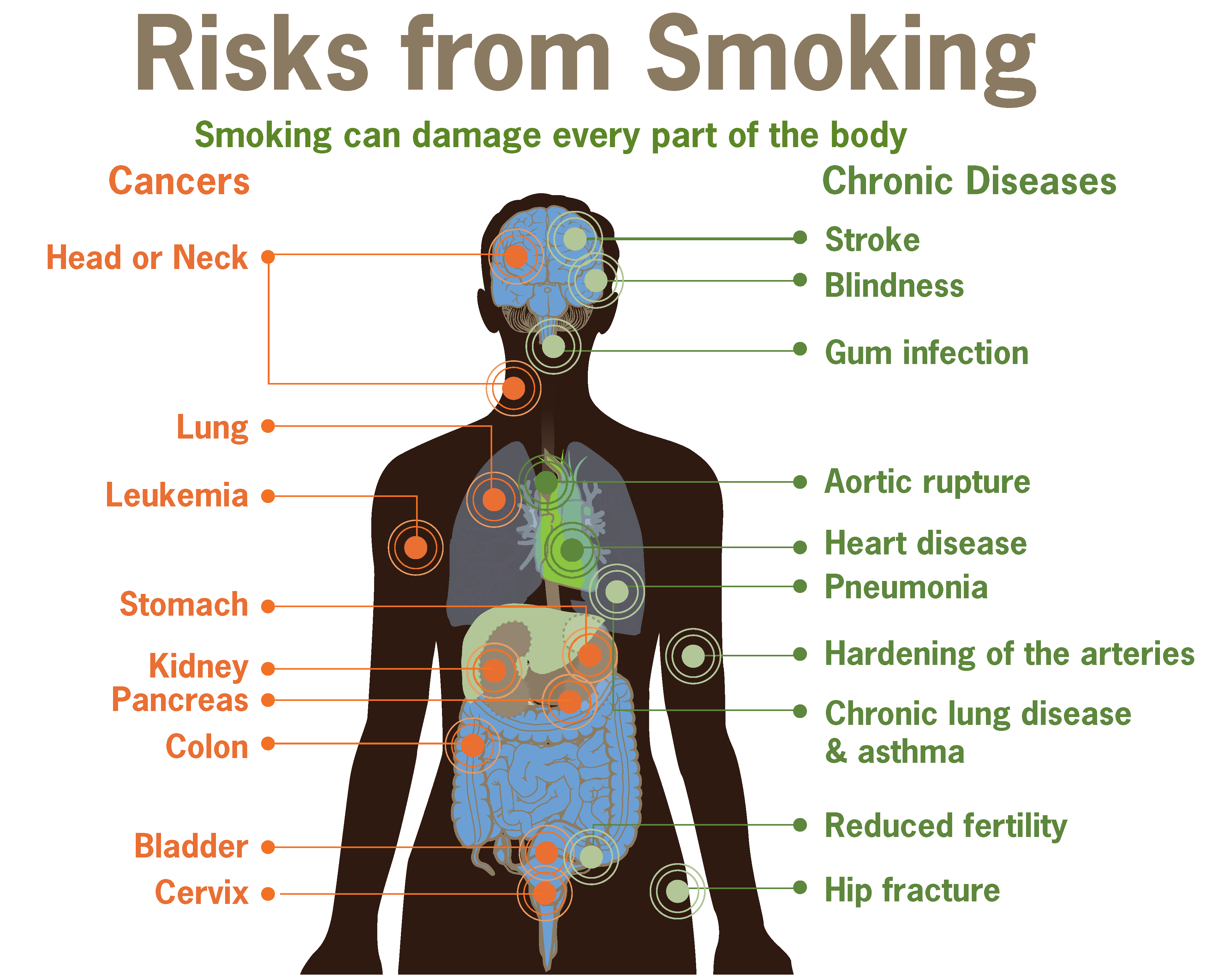For COPD patients and others that use supplemental oxygen to help them to breathe, quitting smoking is hugely important to stop further lung damage, help slow the disease down and reduces the danger of smoking near oxygen cylinders. 2016 is going to be the year to stop smoking as part of a new campaign to try and combat lung disease. However if you stop smoking it is not only your lungs that you will help but your brain will benefit too.

It’s never too late to quit, even if you’re in your 70’s, there is still a chance for a noticeable recovery. For light smokers the damage can be reversed in a few weeks and for heavier long-term smokers it may take anywhere up to 25years for full recovery but every little helps.
The cerebral cortex, which is responsible for memory, attention, awareness and language naturally thins with age but this process is hugely accelerated by smoking. Scientists at the University of Edinburgh found that even though smoking thins the outer layer of the brain and increases the risk of memory problems and dementia, it is reversible. The damage that cigarettes cause to the brain can start reversing as soon as you give up the habit. Even when quitting later in life there is still a chance of reversing the harmful damage done to your brain.
In the study the thickness of the cerebral cortex was measured and important thinking skills were tested on smokers, non-smokers and ex-smokers. Those who had never smoked tended to have a thicker cortex than the smokers but ex-smokers also had a thicker cortex than those who had continued with the habit. Also more importantly those who had kicked the habit some time ago seemed to have a thicker cortex than more recent quitters, showing that there had been continuous recovery.
Professor James Goodwin from AgeUK talks about how we all know that smoking is bad for our heart and lungs but it is also important that we know it is also bad for our brain. Avoiding smoking offers the best protection against the risk of brain decline, dementia and other cognitive disease but this study gives smokers a new hope that by quitting smoking even later in life can still allow our bodies to start to heal itself.
“With research suggesting that older people’s fear of developing dementia outweighs that of cancer, it is important we inform people about the simple steps they can take to safeguard against this horrible and distressing disease.”
COPD patients already have many health issues related to their condition but the fear of cancer and dementia adding to them is concerning for patients. Knowing that by quitting smoking you can help to reverse damage to your brain, on top of preventing further damage to your heart and lungs, reduce the risk of combustion with oxygen cylinders and concentrators and halting progression of the respiratory disease you’re suffering from is a huge incentive for people to encourage them to give up smoking.
References: http://www.dailymail.co.uk




